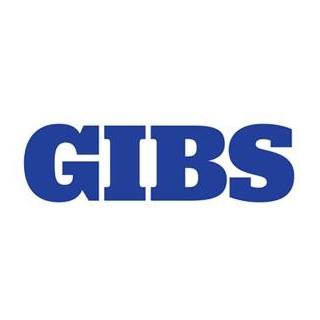The economy matters substantially to the health, wealth, and prosperity of the country, its companies, and its citizens.

The economy matters substantially to the health, wealth, and prosperity of the country, its companies, and its citizens. Yet, sadly, economics often is not well understood, with the jargon and language of economics making this important topic regarded as inaccessible, misunderstood, or simply disregarded.
Or, where people try to give economics the necessary attention, they are quickly caught up in technical terms and acronyms – like a gross domestic product, foreign portfolio flows, CPI, and MPC - that leave users lost in the language and often bewildered by the terminology and how it all fits together?
Against this backdrop, this masterclass has two main objectives. The first is to give you a solid grasp of how economies fit together, what makes them work (or fail) and how the performance of an economy transfers into the performance of companies and the well-being of countries.
The second is to strip away the jargon of economics to give you a common-sense understanding of the key terms and terminology.
At GIBS, you are assured of a business school experience that embraces technology and disruption, while, at all times, finding ways to humanise and connect to the new digital world of work.
As an entrepreneurial institution, with deep connections to the African continent, GIBS has changed dramatically since its founding in 2000. Established on the back of a significant endowment by businessman and philanthropist Sir Donald Gordon, the University of Pretoria’s business school has evolved from being a business school for business, under founding Dean Professor Nick Binedell, into a world-class African institution and research centre, under former Dean Professor Nicola Kleyn.
Long regarded as a business school with impeccable international credentials, GIBS under the leadership of Interim Dean Dr Morris Mthombeni is now leading the way among its global peers thanks to a progressive focus on quality blended learning coupled with a commitment to meaningful experiential exposure.
Underpinning our approach is our commitment to life-long learning, a dedication to high-quality and innovative teaching methods, the pursuit of ethical and sustainable values, and a forward-looking view of business and its role in the world. Access to both local and international faculty ensures that your GIBS experience is globally relevant and opens doors to prized global networks.
In a world reshaping its outlook and thinking as a result of the 2020 coronavirus pandemic, a GIBS qualification gives you and your business the upper hand when it comes to co-creating strategy and ensuring corporate longevity and relevance.
In October 2019, the GIBS MBA was ranked among the top 100 globally in the prestigious London Financial Times Executive MBA Rankings. In 2021, the GIBS MBA was ranked as having the best reputation among employers and the first choice for students looking to pursue an MBA in the country by the Financial Mail Top MBA Ranking. Quacquarelli Symonds (QS) World University Rankings: Global Executive MBA 2021, ranked GIBS at number 52, placing the School’s MBA in the top 30% globally. In addition, in 2021, US-based CEO Magazine ranked GIBS 12th in its Global MBA Rankings highlighting the School as a Tier 1 business school.
The GIBS Executive Education offering was ranked in the global top 50 and - for the 17th consecutive year - as the top South African and African business school by the prestigious Financial Times in 2020.
GIBS is accredited to and affiliated with the following associations and networks:
The Association of MBAs - An impartial and global authority on postgraduate business education.
The Academy of Business in Society - An international network of more than 130 companies and academic institutions which aim to promote a more sustainable future for business in society.
The South African Business Schools Association - An institution focused on developing the local business education sector in line with international standards.
Principles for Responsible Management Education - A voluntary initiative to stimulate responsible management education, research and thought leadership as defined by the UN Global Compact.
CEEMAN - An international management development association established to accelerate the growth in quality of management development in Central and Eastern Europe.
AACSB - A global accreditation body of long standing and recognised for embedding the pursuit of excellence and continuous improvement within business and accounting programmes at the bachelors, masters and doctoral level.
© 2025 coursetakers.com All Rights Reserved. Terms and Conditions of use | Privacy Policy